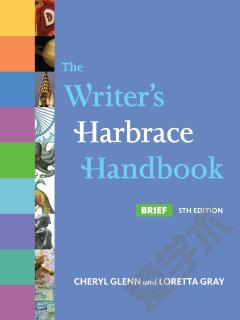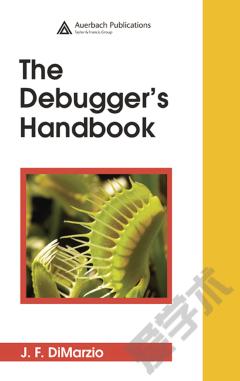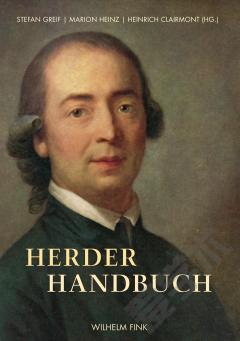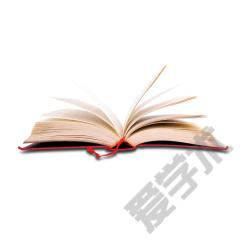The Writer's Harbrace Handbook
Reading and writing critically: reading and writing as processes the rhetorical situation previewing a text distinguishing content from personal response engaging all elements of the rhetorical situation successful academic reading and writing taking advantage of academic support opportunities. Planning and drafting essays: finding appropriate and focused subjects clearly stating a thesis arranging ideas drafting with well-developed paragraphs experimenting with different strategies for development the first draft. Revising and editing essays: revision as process introductions, conclusions, and titles unified and coherent paragraphs transitions within and between paragraphs sharing your work with others editing proofreading the final draft. Writing under pressure: taking advantage of deadlines abbreviating the writing process managing writer's block rreparing for essay examinations writing pressure in the workplace. E-writing: composing for the web electronic mail (email) communication discussion groups, forums, and online courses online media. E-designing: visual elements of a website graphics (tables, charts, diagrams, etc.) format and the rhetorical purpose format and readability. Writing arguments: determining purpose establishing an arguable statement distinguishing between fact and opinion establishing a position or claim developing an effective argument using rhetorical appeals arranging an effective argument understanding logic recognizing rhetorical fallacies sample argument. Finding sources find: understanding research needs and methods choosing a topic and framing a research question navigating the web using books and periodicals conducting field research. Evaluating sources online and in print: determining credibility of the author determining credibility of publishers evaluating websites and other online sources determining bias from commitment determining relevant sources. Using sources responsibly: purpose of research papers taking notes creating a working bibliography integrating sources avoiding plagiarism. Citing sources and submitting final papers: MLA-style documentation MLA student paper APA-style documentation APA student paper CMS documentation CMS student paper CSE-style documentation CSE student paper COS documentation. Academic discourse: how disciplines define evidence how disciplines use evidence the language and style of disciplines the genres and formats of disciplines. Writing to interpret literature: various genres specialized vocabulary critical approaches for interpreting the purpose of literary interpretation reading carefully for writing well following special conventions sample literature essay. Writing in the social and natural sciences: writing in the social sciences developing social science reports sample field report writing in the natural sciences developing natural science reports sample lab report. (part contents)
{{comment.content}}








 京公网安备 11010802027623号
京公网安备 11010802027623号